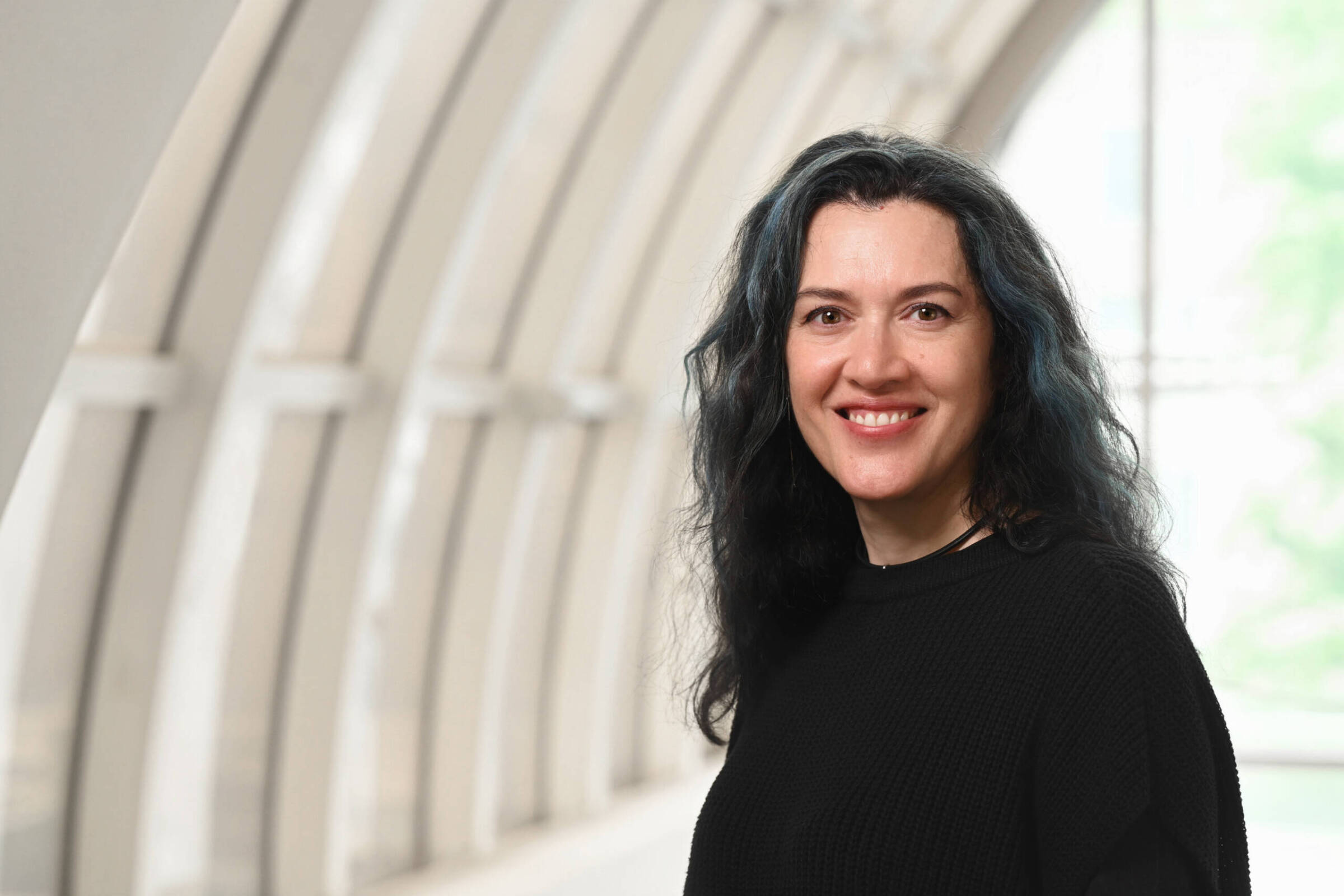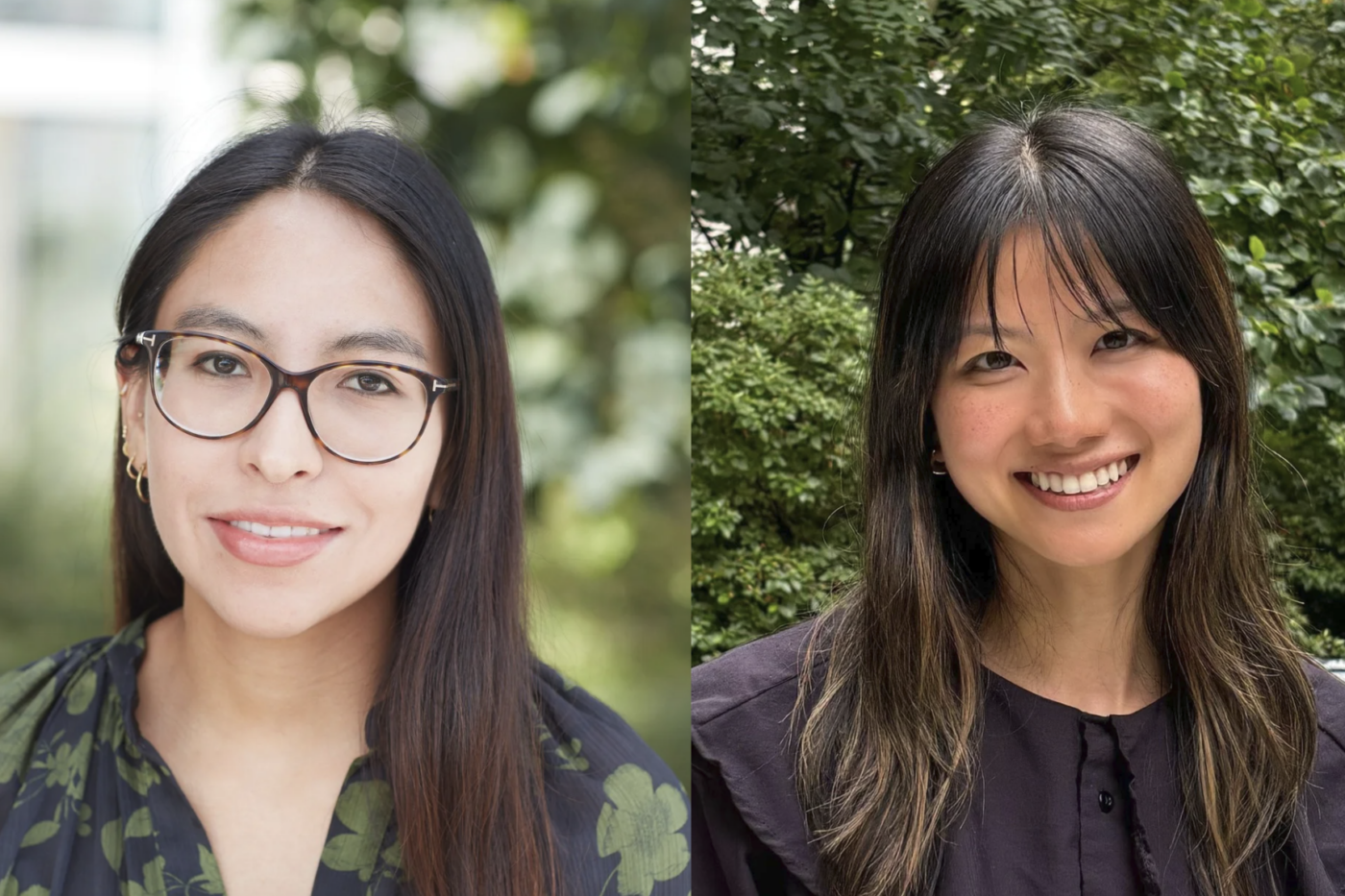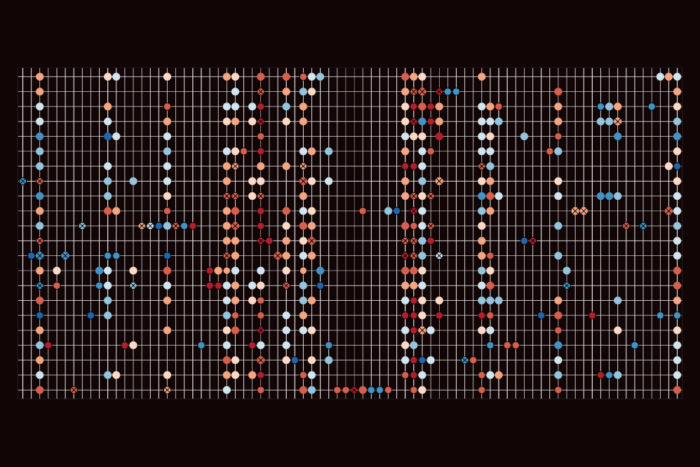Rockefeller hosts the first New York City symposium on human genetics
by Katherine Fenz, media relations manager

Human genetics research is creating an ever-increasing overflow of data. With a new forum for collaboration, New York City scientists hope to more effectively address this problem and speed the progress of research into human disease.
Tapping into human genetics holds great promise for understanding and treating disease, but there is still much to be learned. Scientists continue to have questions about how our DNA is altered in various afflictions, and how to effectively sort through the enormous amounts of data genomics research tends to produce.
Last month, over 400 researchers from more than 35 institutions within New York City and the surrounding areas converged on Rockefeller’s campus to discuss the latest in the field, from evolutionary to medical genetics. The symposium featured seminars from 17 trainee and faculty speakers.
Spearheaded by Rockefeller professor Jean-Laurent Casanova, who is working closely with physician-scientist Bruce Gelb at Icahn School of Medicine at Mount Sinai and geneticist David Goldstein at Columbia University, the group plans to organize two meetings annually.
“The goal is to build a local community among laboratories conducting human genetics work,” says Dr. Casanova. “By sharing scientific results, initiating collaborations, and providing trainees with an opportunity to present their research to a broad audience, we hope to establish a strong, unified presence in the human genetics field in and around New York City.”
Start spreading the news
New York is particularly well positioned for expanding research in human genetics. Within a small geographic area, there is a large number of strong research institutions and hospitals, including Princeton University, The Feinstein Institute for Medical Research, Cold Spring Harbor Laboratory, and New York Genome Center, among others.
The city also has an advantage in having access to genetic test results from vast numbers of patients and healthy volunteers who consent to making their genetic data available for biomedical research. With such a large and diverse population concentrated in a relatively small region, researchers are more likely to find people who qualify for a particular study and can participate without traveling great distances.
“We’re excited so many New York–area institutions are eager to participate in these meetings, and the first one was really a success,” says Dr. Casanova. “This was the first time the human genetics community at large got together, and the huge turnout shows that a forum of this nature was really a necessity.”
The next meeting will be held this summer, on June 21, at Columbia University.


